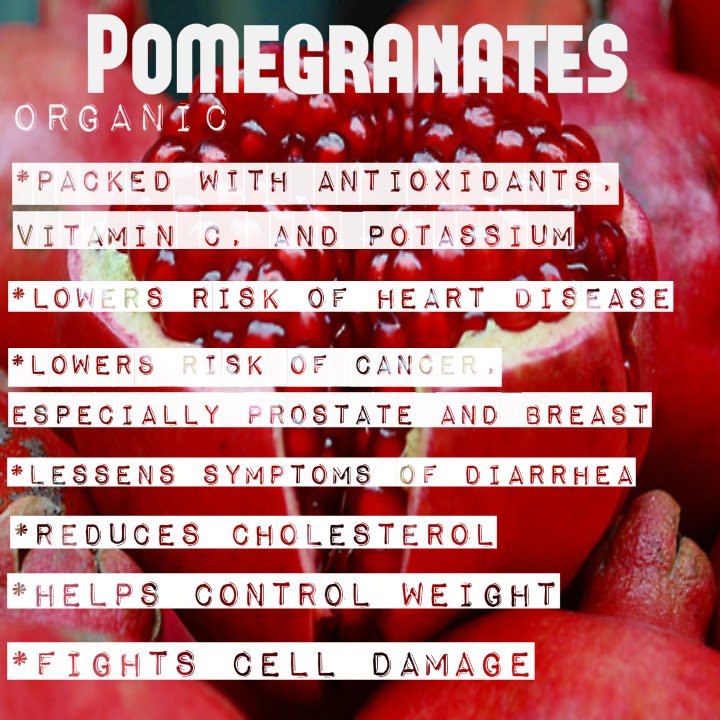Pomegranate and its distinctive ruby-red jewel-like seeds have been used for medicinal purposes for thousands of years.
The Middle Eastern fruit is claimed to be effective against heart disease, high blood pressure, inflammation and some cancers, including prostate cancer.
Pomegranate is a good source of fibre. It also contains vitamins A, C and E, iron and other antioxidants (notably tannins).
We’ve teamed up with the British Dietetic Association (BDA) to examine whether the health claims made about the fruit are supported by the evidence.
The evidence on pomegranates
Can pomegranate strengthen bones?
A 2013 study found evidence that pomegranate strengthened bones and helped prevent osteoporosis. The catch was the study involved mice, not humans.
While the biology of mice and humans are surprisingly similar, we can never be sure that these results will be applicable to us.
Does pomegranate juice slow prostate cancer progress?
One small study from 2006 found that drinking a daily 227ml (8oz) glass of pomegranate juice significantly slowed the progress of prostate cancer in men with recurring prostate cancer. This was a well-conducted study, but more are needed to support these findings.
A more recent study from 2013 looked at whether giving men pomegranate extract tablets prior to surgery to remove cancerous tissue from the prostate would reduce the amount of tissue that needed to be removed. The results were not statistically significant, meaning they could have been down to chance.
Can pomegranate reduce carotid artery stenosis?
A good-quality study from 2004 on patients with carotid artery stenosis (narrowed arteries) found that a daily 50ml (1.7oz) glass of pomegranate juice over three years reduced the damage caused by cholesterol in the artery by almost half, and also cut cholesterol build-up. However, these effects are not clearly understood and the study did not say what the results mean for conditions such as stroke.
Is heart disease prevented by pomegranates?
A well-conducted trial from 2005 on 45 patients with coronary heart disease demonstrated that a daily 238ml (8.4oz) glass of pomegranate juice administered over three months resulted in improved blood flow to the heart and a lower risk of heart attack. The study did not say what the results mean for conditions such as heart attacks, and with such a small trial the positive results reported could be down to chance.
The dietitian’s verdict on pomegranates
Alison Hornby, a dietitian and BDA spokesperson, says the evidence around the health benefits of pomegranates are inconclusive.
She says: “Research suggests there may be a benefit, but we’ve not shown it yet. The studies that have found an improvement in existing health conditions were very small and more investigation into the role pomegranate plays in these improvements is needed.
“A 150ml glass of pomegranate juice counts as one of your 5 A Day. Make sure to avoid brands with added sugar. You could also add pomegranate seeds to cold dishes and salads. It’s a healthy and appetising way to increase the nutritional value of your meal.”

